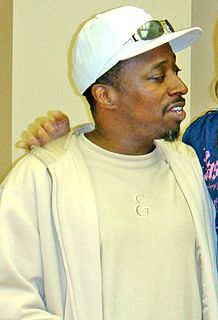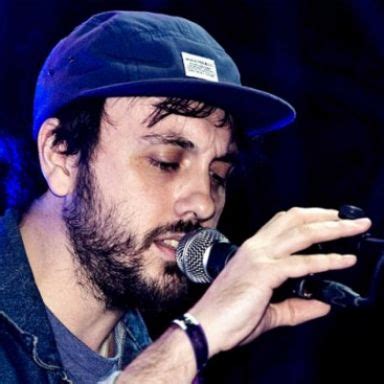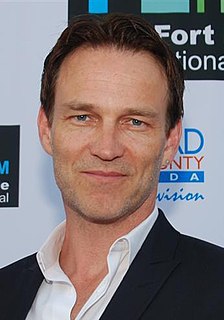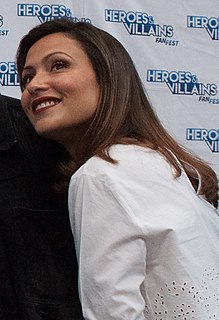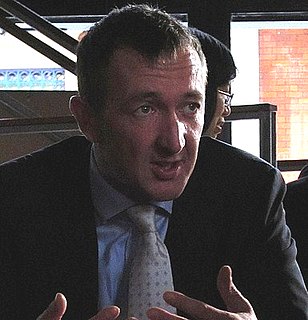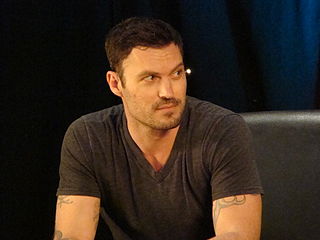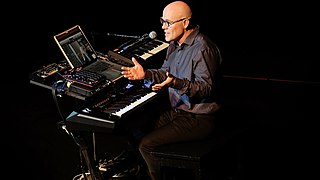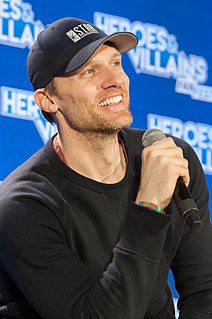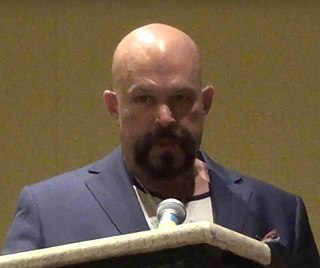A Quote by DJ Shadow
I got asked to remix a lot of movie themes, like Mission Impossible, which other people ended up doing quite well. But it was just never my thing.
Related Quotes
If somebody asks me about the themes of something I'm working on, I never have any idea what the themes are. . . . Somebody tells me the themes later. I sort of try to avoid developing themes. I want to just keep it a little bit more abstract. But then, what ends up happening is, they say, 'Well, I see a lot here that you did before, and it's connected to this other movie you did,' and . . . that almost seems like something I don't quite choose. It chooses me.
I did a lot of musicals when I was young and finally went to drama school to try and get away from doing musicals... and of course the first thing that happened when I got out is I got offered a musical. And then when I got to the Royal Shakespeare Company, which was my next job, I ended up doing a bloody musical!
I grew up doing theater when I was very young - always enjoyed it. Studied it in college, got my degree in it, and never really had the guts to do it professionally. But one summer, a friend of mine was with an extras agency and asked me if I wanted to be an extra with him in a movie, and I was, like, "Sure." At lunch, the writer came up to me and asked me to audition for a role. I got it, and it sort of snowballed from there.
Mo-cap work is less technical than you'd expect. Once you have it all set up you're free to do the whole scene in one take rather than doing a lot of different shots and different takes like you do in a movie. You've got that one go at it and you've got a lot of freedom. You can really express yourself - more like doing theatre than doing a movie.
There was one incident at a movie theater where my girl got mad at these guys who were talking behind us. I never looked back there, but she was like, 'Will you all just shut up!' And I just got up and moved three rows in front. She was like, 'What are you doing?!' I was like, 'You better get up here! I don't play the fighting games.'
I had an audition for Mary Jane Watson in 'Spiderman' and ended up playing Betty Brant in that series. I auditioned for Amy Adams' role in 'Catch Me If You Can' and, you know, ended up playing the bank teller. So there were a lot of times early on where I felt like I was always sort of the bridesmaid, never the bride - never quite right.
After 'The Wonder Years,' I ended up having a voiceover career, which was something I never even knew was possible. But after the character I was playing on 'The Wonder Years,' people said, 'Oh, would you like to do a Burger King thing? And there's a 7 Up thing...' And then I got to do 'Dilbert.' I think my voice kind of fit for that.
I came out to Los Angeles for a couple of meetings in the summer of 2005, and I ended up getting a movie called Firehouse Dog for Fox. And I thought, "Oh, man. I'm doing a movie. Maybe I'll work a lot more now. I'm an actor now." Then, for eight, nine months I didn't work after that. After that movie, I began to get some guest star roles, fairly consistently, but because I had been so presumptuous before in thinking that the other jobs would lead to something, I realized: "Just get up. Go to work. Go home. This is your job just like everyone else's job."
I created my own concept art and went in and did a 90-minute presentation that cost me a lot of money.And, the great thing is though, when I got the job, they had to buy all of it from me, because one of the set pieces in the middle of the movie was the scene I wrote, and they needed to own everything because a lot of it ended up being the movie we made, so I got all my money back. I was committed. I was going to outspend every competing director.
A lot of it is just waking up and putting one foot in front of the other and going where I just go, a natural progression. The other thing is I do have a lot of ideas. TV seems to be where it happens faster, quicker. You are trying to get a movie off the ground, and it's very difficult. One movie takes two years to make


